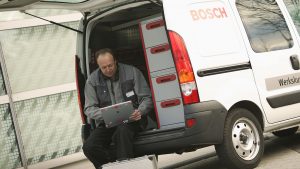Transforming enterprise learning into business success
Unlock the full potential of your enterprise learning & development (L&D) with imc.
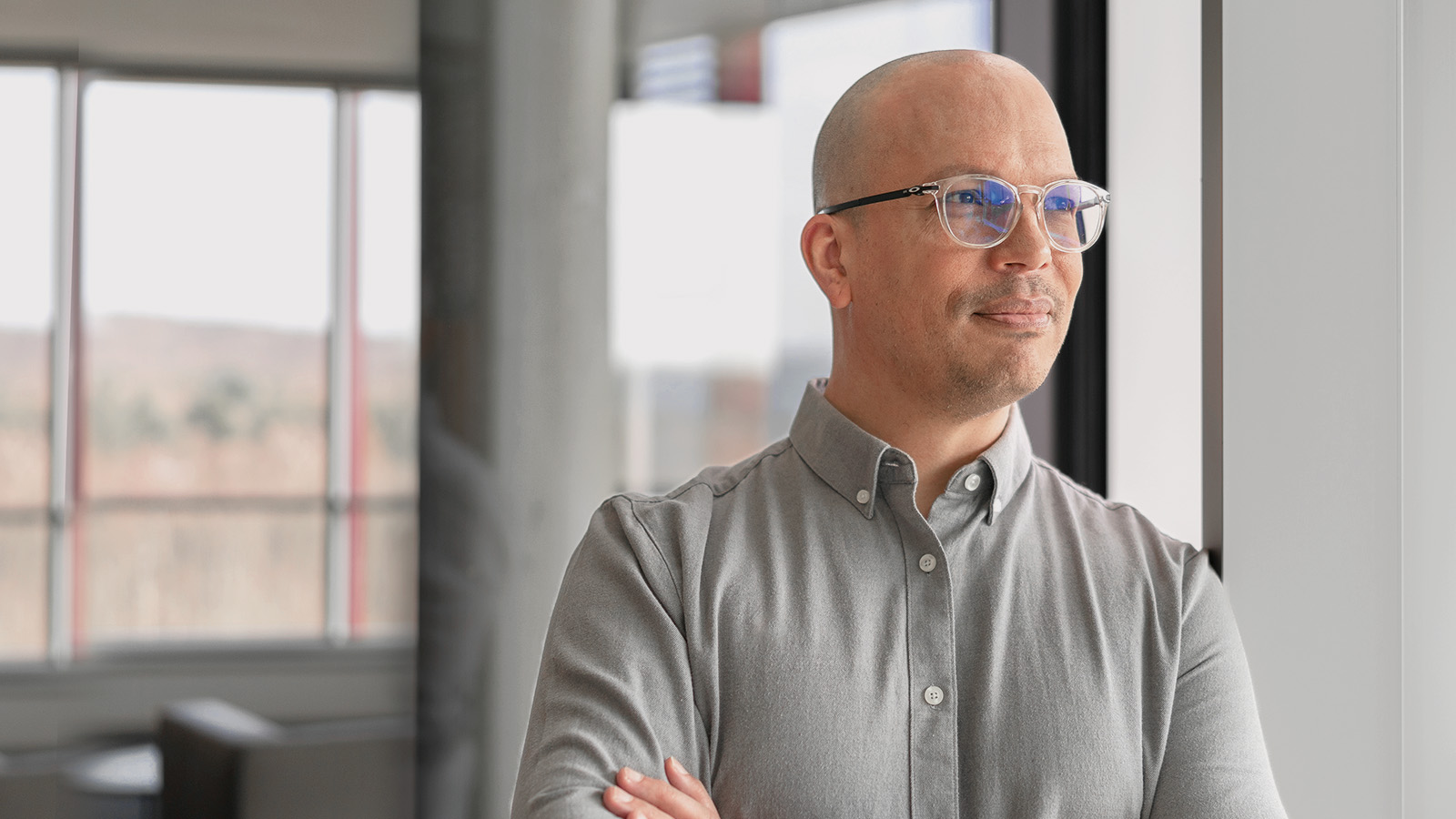







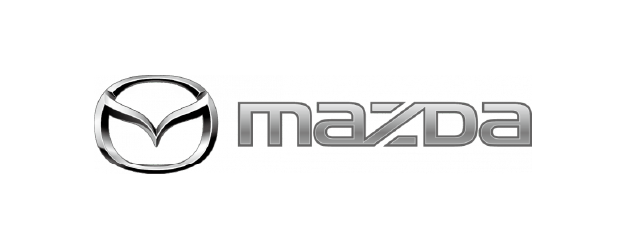



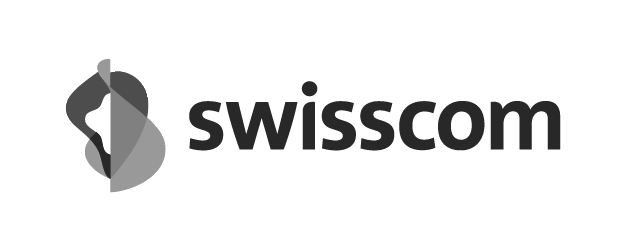




Pioneering learning technologies, experiences and strategy.
With over 25 years of experience as an award-winning learning pioneer, imc has helped businesses of all sizes create transformative learning experiences. Join the ranks of leading global brands who trust imc to turn their L&D strategies into tangible business results.
Reach your workforce's true potential with imc Learning Suite, the most configurable and scalable LMS for enterprise.
Supercharge your elearning creation and let smart AI generate your professional training content in a matter of clicks with imc Express.
imc Studios drives engaging learning culture with award-winning content and strategy consulting for superior corporate training outcomes.

Empowering +10 million learners at global brands
We're passionate about learning. And so are our customers.

We rethink learning for your organisational success.
Enterprise learning insights & events
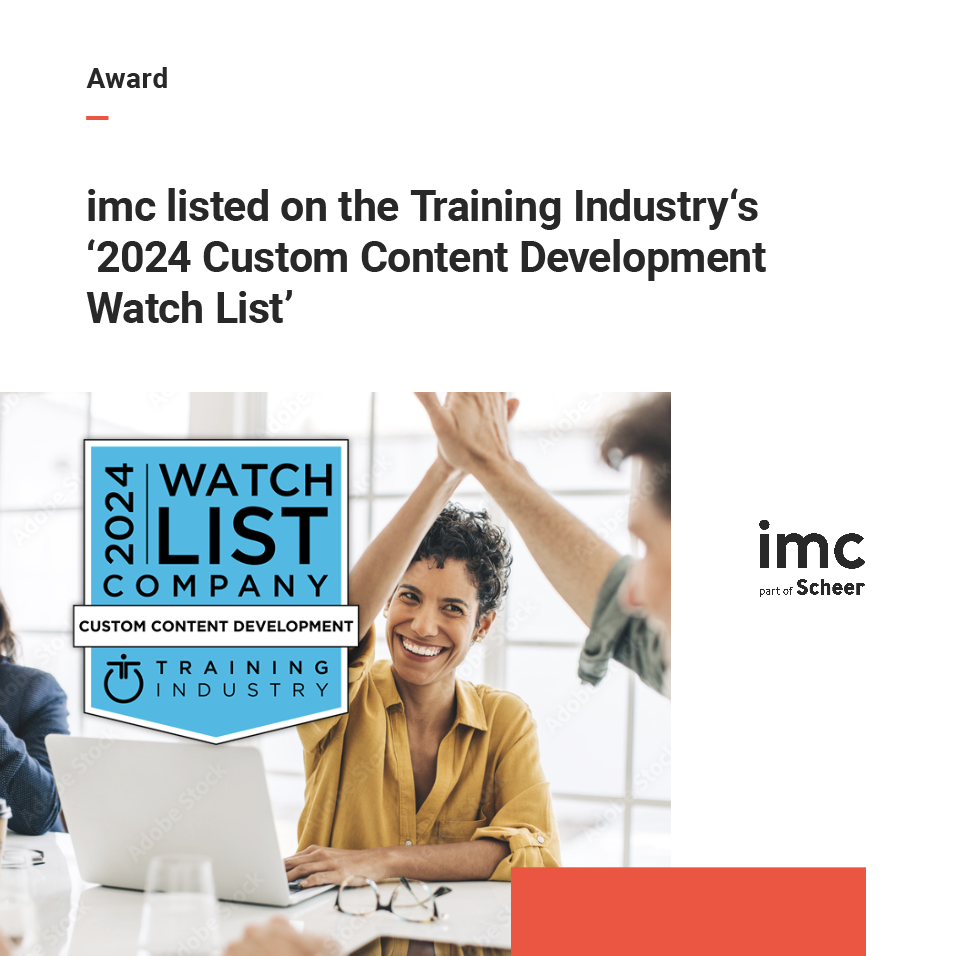
imc makes it into Training Industry's Watch List
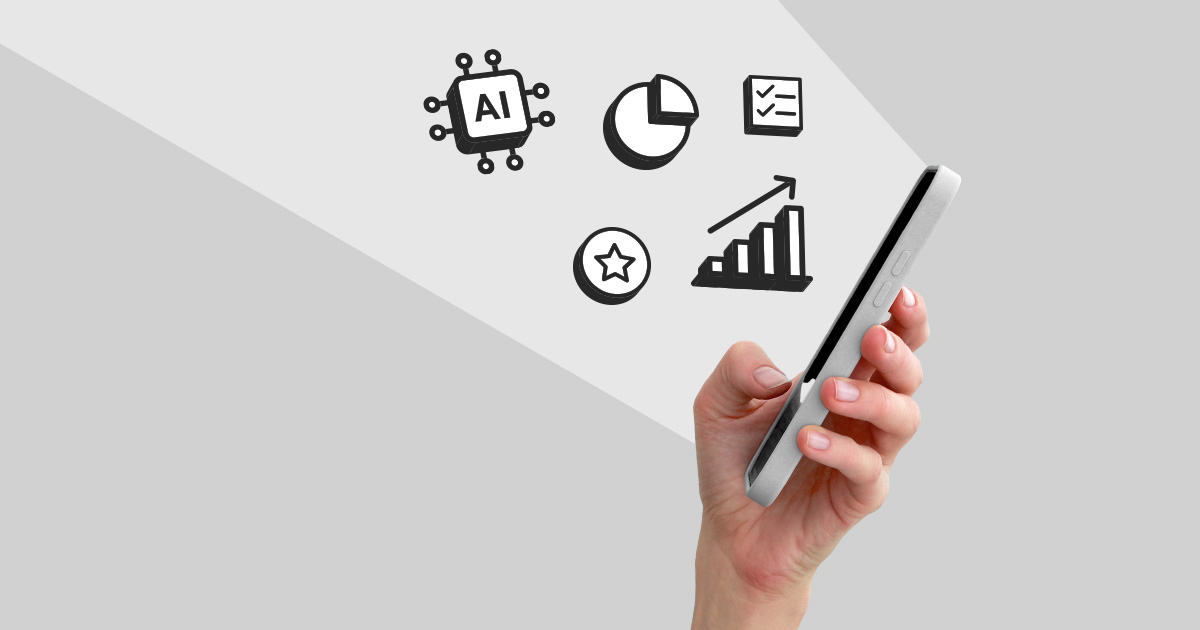
State of Learning Technologies 2024

The essential LMS business case guide: your 5-step guide

Get ahead in L&D with the industry podcast on all things enterprise learning
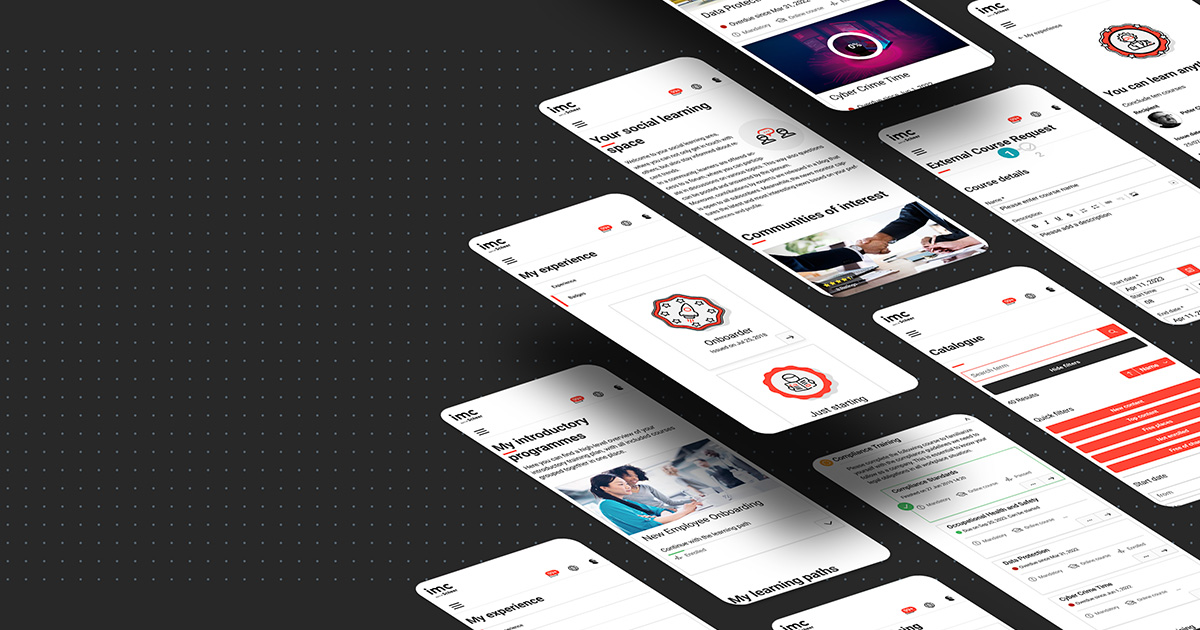
Implementing a new learning platform: first impressions count

Navigating Change: the Importance of Future Skills

Arrive, stay and succeed: Hybrid onboarding in the new normal
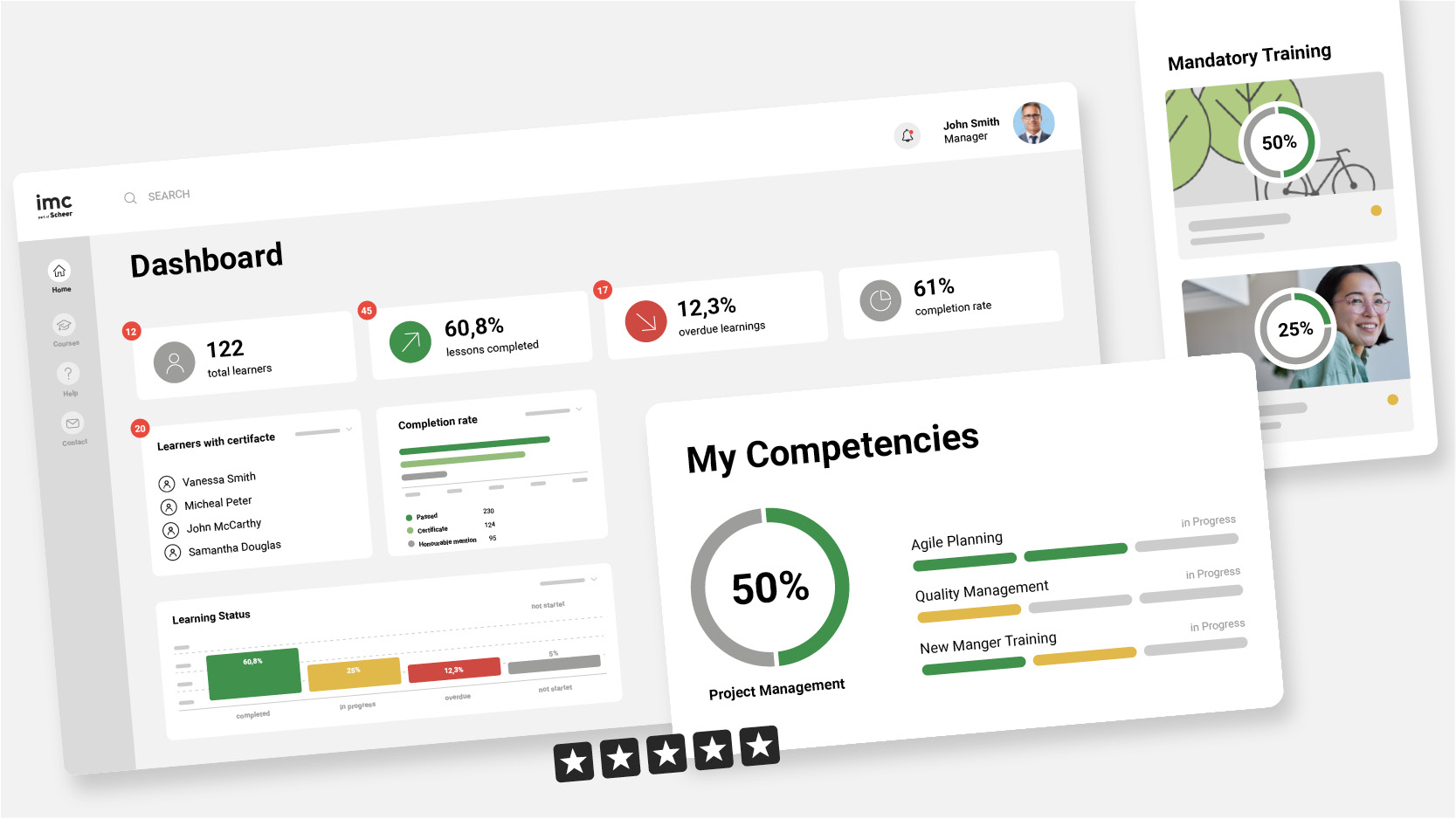
See what your organisation can achieve with imc Learning today.












